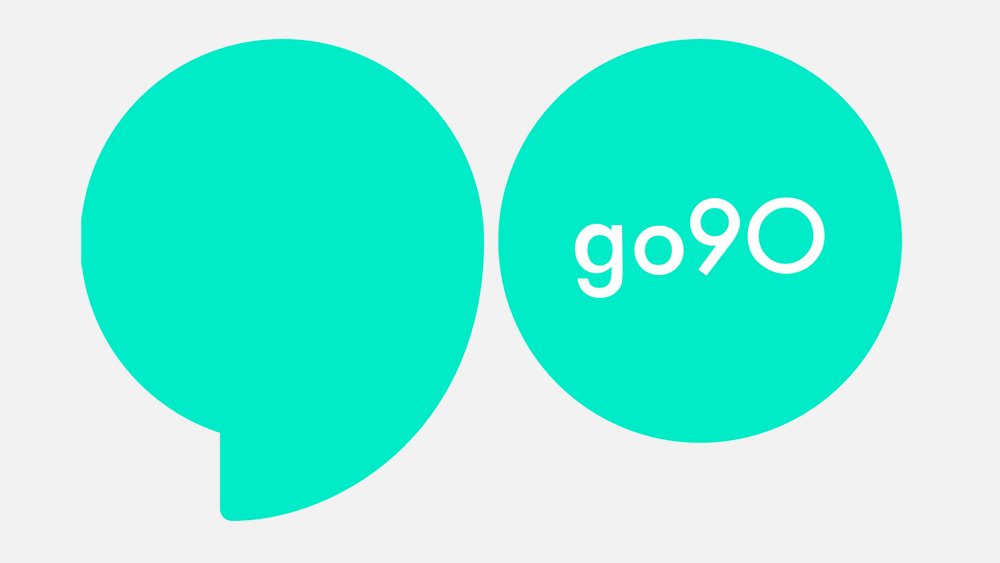
Go90 was an ambitious video streaming service from Verizon. It promised to be the next YouTube by utilizing Verizon’s many partnerships to create unique content you couldn’t find on places like Vimeo or YouTube.
With Go90, Verizon had plans to create something from nothing and hoped that it could slay the biggest names in VOD. But it didn’t. And now Verizon says that it will be shuttering the service on July 31.
“Following the creation of Oath, Go90 will be discontinued,” a Verizon rep said in a statement to Variety. “Verizon will focus on building its digital-first brands at scale in sports, finance, news and entertainment for today’s mobile consumers and tomorrow’s 5G applications.”
Oath remember, is Verizon’s umbrella company that houses what remains of AOL and Yahoo! The news of Go90’s death comes mere months after Samsung and Verizon reached an agreement to pre-load the service on Samsung Galaxy S9 smartphones.
It’s unclear exactly what went wrong with the service, but Variety points to the lack of advertising dollars coming in, the massive expense creating and maintaining the service and poor marketing. Also, while Go90 had compelling content, very little of it caught on with the larger public - in spite of Verizon itself winning an Oscar earlier this year for its animated short film “Dear Basketball” starring NBA star Kobe Bryant.
While its death will likely go unnoticed by the larger video streaming audience (Go90 only had about 17 million viewers per month at its highest point compared to YouTube's average 1.57 billion viewers), Go90's shuttering does speak to a larger trend of streaming services failing in a market dominated by larger players.
Show business is cutthroat. Who knew?
Get daily insight, inspiration and deals in your inbox
Sign up for breaking news, reviews, opinion, top tech deals, and more.
- Speaking of Samsung, here's everything we know about the Samsung Galaxy Note 9
Nick Pino is Managing Editor, TV and AV for TechRadar's sister site, Tom's Guide. Previously, he was the Senior Editor of Home Entertainment at TechRadar, covering TVs, headphones, speakers, video games, VR and streaming devices. He's also written for GamesRadar+, Official Xbox Magazine, PC Gamer and other outlets over the last decade, and he has a degree in computer science he's not using if anyone wants it.
